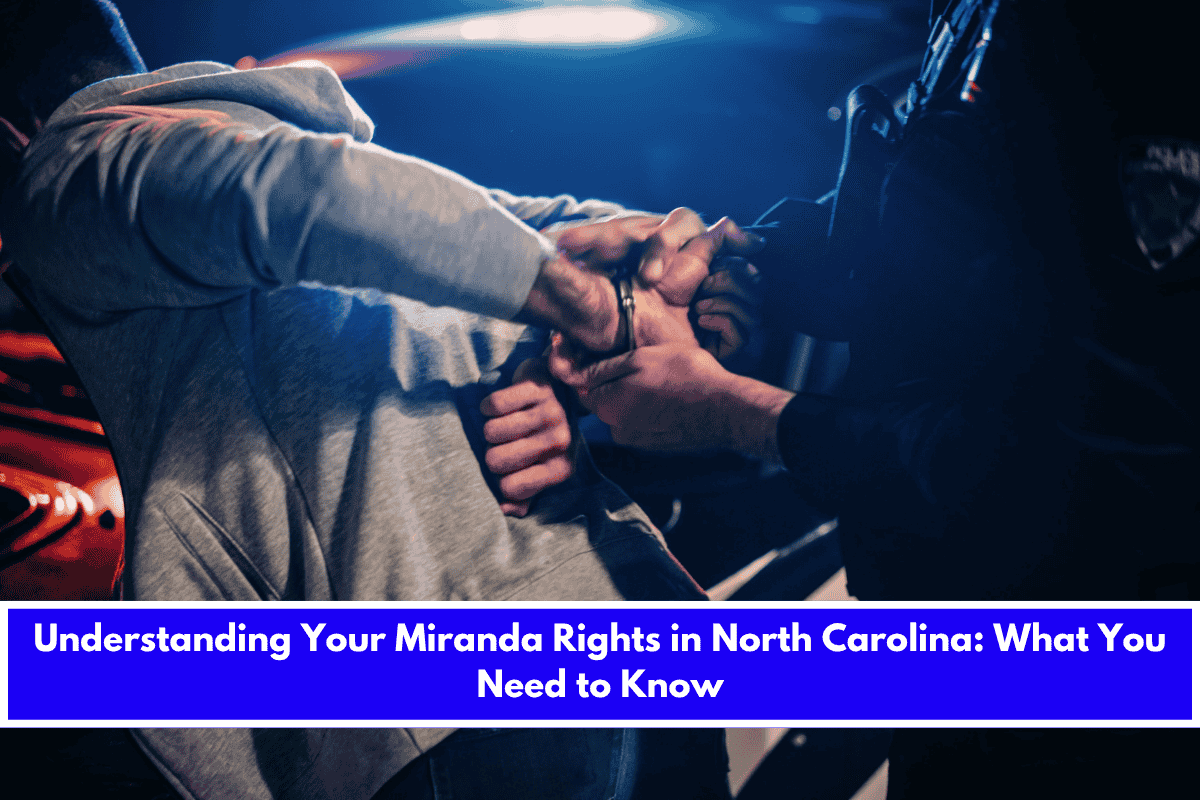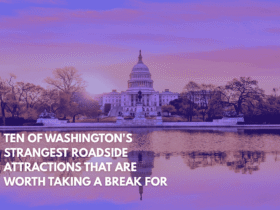Understanding your Miranda rights in North Carolina is crucial if you ever find yourself in a situation where law enforcement is questioning you about potential criminal activity. Here’s what you need to know:
What Are Miranda Rights?
Miranda rights are a set of protections established by the U.S. Supreme Court in Miranda v. Arizona (1966). They are designed to safeguard your Fifth Amendment right against self-incrimination. In North Carolina, as in all other states, these rights must be communicated by police before custodial interrogation begins.
The classic Miranda warning includes:
- The right to remain silent: You do not have to answer any questions.
- Anything you say can be used against you in court.
- The right to an attorney: You have the right to have an attorney present during questioning.
- If you cannot afford an attorney, one will be appointed for you.
When Must Police Read You Your Miranda Rights?
Police in North Carolina must read you your Miranda rights if:
- You are in custody: This means you are not free to leave (such as being arrested or detained in a police car).
- You are being interrogated: The police are asking questions intended to elicit incriminating information.
If you are simply stopped for a traffic violation or questioned in a non-custodial setting, police do not have to read you your rights.
What Happens If Police Do Not Read Your Miranda Rights?
If you are in custody and interrogated without being informed of your Miranda rights, any statements you make during that interrogation may be excluded from evidence in court. This is known as the “exclusionary rule.”
However, failure to read Miranda rights does not automatically result in your case being dismissed; other evidence obtained legally may still be used against you.
Exceptions to the Miranda Rule
There are several exceptions to when police must read Miranda rights or when evidence obtained without them may still be admissible:
- Public safety exception: Police can question you without a Miranda warning if there is an immediate threat to public safety.
- Routine booking questions: Police can ask basic questions (name, address, etc.) without reading your rights.
- Informants: Police can use informants to talk to you while you are incarcerated, and Miranda rights do not apply.
- Traffic stops: Routine traffic stops are not considered custodial interrogations, so Miranda warnings are not required.
Additionally, if police question you unlawfully but discover tangible evidence or identify a witness, that evidence or testimony may still be admissible.
How to Invoke Your Miranda Rights
Simply remaining silent is not enough to invoke your Miranda rights. You must clearly state that you wish to remain silent and want an attorney. For example, saying “I am exercising my right to remain silent” or “I want a lawyer” will require police to stop questioning you.
Special Considerations for Juveniles
In North Carolina, courts must consider a juvenile’s age when determining if they were “in custody” for Miranda purposes. The U.S. Supreme Court ruled in J.D.B. v. North Carolina that a child’s age is relevant to the custody analysis if it is known or objectively apparent to the officer.
Summary Table
| Situation | Miranda Rights Required? | Notes |
|---|---|---|
| Custodial interrogation | Yes | Police must read Miranda rights |
| Routine traffic stop | No | Not considered custodial |
| Booking questions | No | Basic info only |
| Public safety emergency | No | Immediate threat to public safety |
| Informant questioning | No | Miranda does not apply |
Your Miranda rights are an essential protection if you are taken into custody and questioned by police in North Carolina. Always remember you have the right to remain silent and the right to an attorney. If you are unsure about your rights, it is best to consult with a criminal defense attorney before answering any questions.
Sources:
- https://www.jljlaw1991.com/miranda-rights-2
- https://www.johnston-county-defense-lawyer.com/what-to-know-about-your-miranda-rights-in-north-carolina/
- https://www.swindell-law.com/blog/miranda-rights
- https://www.woodywhitelaw.com/articles/what-the-miranda-warning-can-and-cannot-do/











Leave a Reply